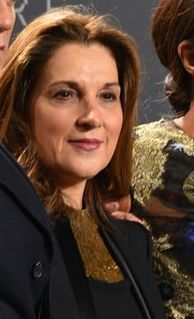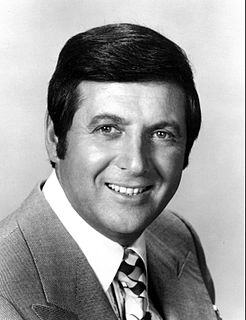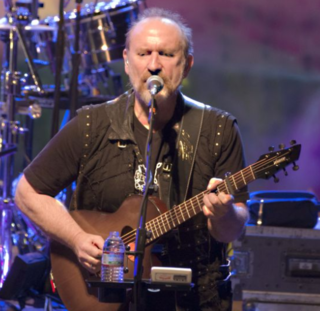A Quote by Paddy McGuinness
Stand up is the most stressful, and hosting and presenting a show has its own stresses, because you've got an audience which you've got to entertain as well as an audience at home.
Related Quotes
A lot of people that I know are bugged with the idea that they have got to have an audience, or they have got to be liked. I think the more that you fall into that trap it makes your own life harder to come to terms with, because an audience appreciation is only going to be periodic at the best of times.
All "bad" presentations struggle to keep the audience interested. The audience squirms wishing they could escape. The audience has given the presenter an hour of their life, so they want that hour to be useful. It's disrespectful of a presenter to not show up rehearsed and prepared with information and insights that will improve the lives of the audience in some way. Presenting will do only one of two things for you: it will either diminish your credibility or yield results. Most bad presentations hurt the presenter's credibility.
In the stand-up comedy top, there's room for everyone - if you're good, there's room for everyone. You'll put on your own show - no one casts you. You cast your own show as a stand-up comedian. When you get good at stand-up comedy you book a theater and if people show up, people show up. If people don't show up, people don't show up. You don't have a director or a casting agent or anybody saying if you're good enough - the audience will decide.
When you're on stage performing stand-up, things only happen one time. I've done bits where I improv a joke, and people are dying. The next show, I try to repeat it, I can't do it. Because with the first audience that was our moment. It can't happen the same way again. We were all there: a certain type of people were at that show and we all got it.

































